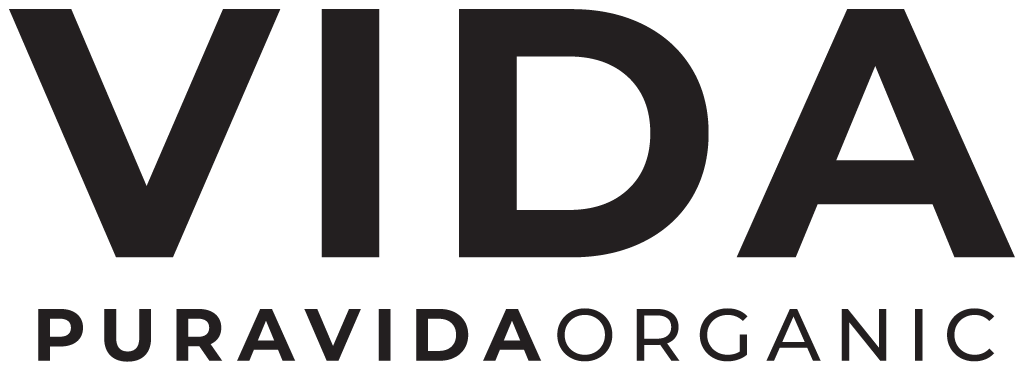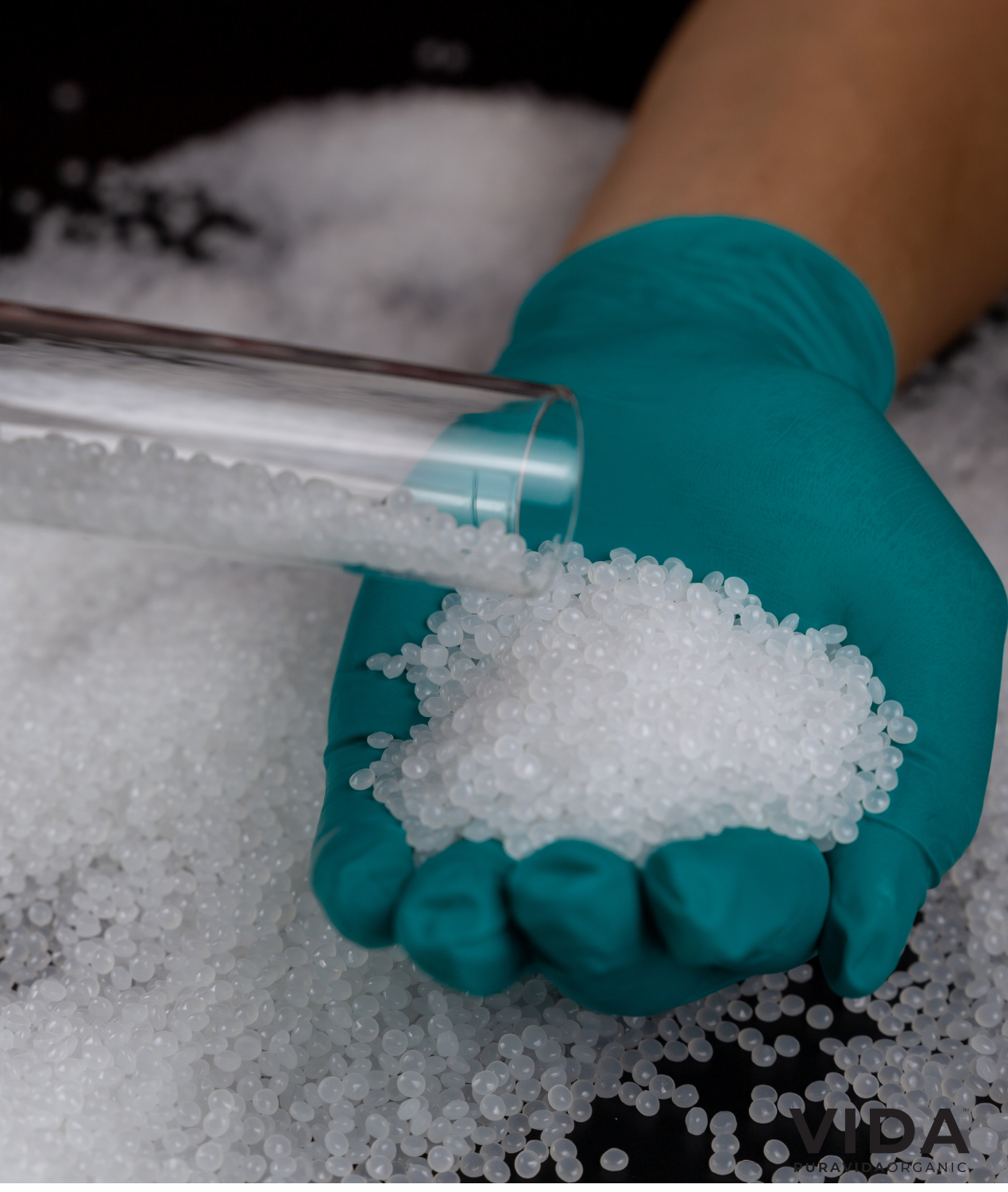Cetyl Alcohol is widely used in skincare and personal care products due to its multifunctional properties. Here’s how it’s commonly used:
Functions in Skincare and Personal Care Products:
- Emulsifier:
- Helps blend oil and water in formulations to create stable emulsions, such as creams and lotions.
- Thickening Agent:
- Enhances the viscosity and consistency of products, giving them a luxurious, creamy texture.
- Emollient:
- Provides a soft, velvety feel on the skin by smoothing and moisturizing the surface.
- Stabilizer:
- Improves the stability of formulations, ensuring that products maintain their consistency and effectiveness over time.
Applications in Product Types:
- Moisturizers and Creams:
- Adds richness and helps trap moisture for long-lasting hydration.
- Cleansers and Face Washes:
- Ensures a gentle, non-drying cleanse with a smooth, creamy texture.
- Sun Care Products:
- Contributes to the silky feel of sunscreens, after-sun gels, and self-tanning lotions.
- Hair Conditioners and Shampoos:
- Improves the creamy texture and enhances manageability, leaving hair soft and shiny.
- Baby Care Products:
- Used in gentle formulations for its non-irritating and skin-conditioning properties.
- Deodorants and Antiperspirants:
- Smoothes application and reduces irritation in sensitive areas.
Why It’s Preferred:
- Gentle on sensitive skin.
- Compatible with a wide range of formulations.
- Derived from plant sources, making it suitable for natural and vegan products.
Would you like more details on specific formulations or product recipes?



